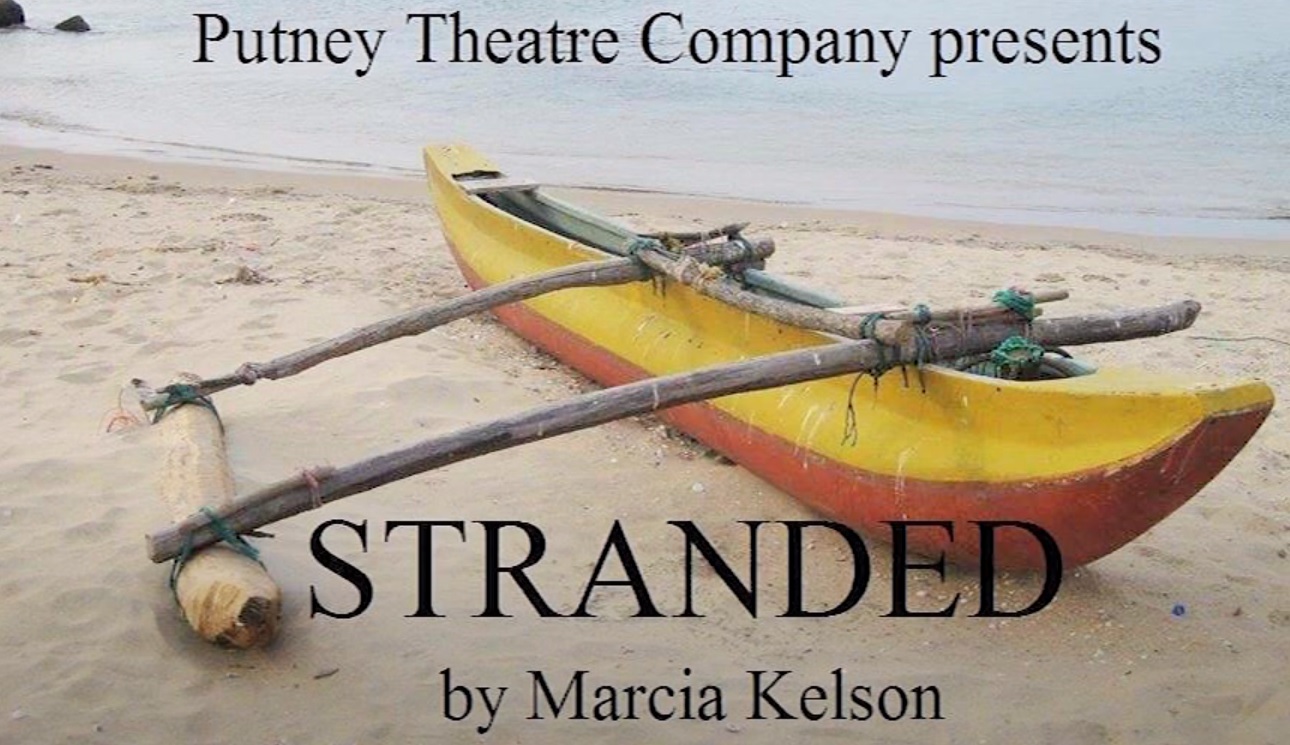The global lockdown has caused many of us to reassess our relationships with others. Some people have found themselves reaching out to family members and neighbours to make sure everything is alright, with weekly Skype calls and notes passed through letterboxes becoming commonplace in the ‘new normal’. Through Stranded, writer and director Marcia Kelson presents a humorous spin on the family Skype call, as well as the mother-daughter dichotomy in the age of lockdown.
Sarah is eight months into a globe-trotting adventure when the pandemic strikes. Her experience is effectively established through a collection of stock images and personal photos in the opening moments before giving way to images of cancelled flights and coronavirus. Having ignored her family for the majority of her trip Sarah finally reaches out to her mum, Helen, needing help to buy a plane ticket back to the UK.
The Skype call presentation may be simple but it is effective for the purposes of online theatre, suitably framing the duality between the pair and the shifting power between them. Sarah’s selfishness shines through as she nonchalantly gloats about her trip to her worried mother. Swiftly however, the revelation of Helen’s problems at home are brought to bare, causing the roles to be reversed and highlighting that the pair are a lot more alike than initially thought.
Kelson’s writing works well here, with her clever use of language flowing naturally throughout the piece for the most part. The initial misunderstandings between Sarah and Helen do feel rather forced, but as the piece develops it proves, in many ways, to be the real star of the show. Likewise, while Lesley-Ann Jones is consistently strong as Helen, Caroline Salter feels somewhat wooden at first; as the play develops, however, so too does her performance, becoming far stronger by the end.
At just over nine minutes, Stranded is a short and enjoyable exploration of familial relationships in the age of lockdown that takes a refreshingly humorous approach to the subject. It never overstays its welcome, and with some refinement Kelson’s work could develop into something even stronger.
